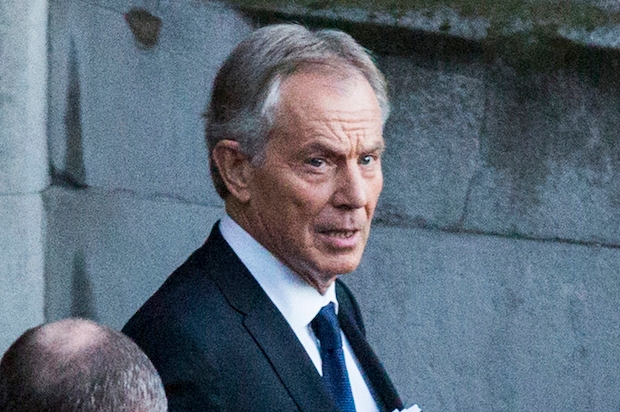The Iraq Inquiry report is utterly scathing about Tony Blair. It paints a critical picture of his sofa government, in particular the way in which that government approached planning and preparation for Iraq without Saddam Hussein, and his ‘certainty that was not justified’ in presenting the severity of the threat posed by Iraq’s weapons of mass destruction to Parliament. The Prime Minister also appeared more concerned about the politics of the military action than its detail, and failed repeatedly to ensure that the relevant ministerial oversight and Whitehall resources were directed to the conflict. And he seemed unable to challenge or disagree with the US when necessary.
It includes a series of memos in which the former Prime Minister made clear his desire for war and the pair discussed the need for regime change. In early December 2001, Blair called for a ‘clever strategy’ for regime change in Iraq. Further, a note, written on 28 July 2002, says:
‘I will be with you, whatever. But this is the moment to assess bluntly the difficulties. The planning on this and the strategy are the toughest yet. This is not Kosovo. This is not Afghanistan. It is not even the Gulf War.
‘The military part of this is hazardous but I will concentrate mainly on the political context for success.’
Sir John pointed to a ‘number of occasions identified by the Inquiry when policy should have been considered by a Cabinet Committee and then discussed by Cabinet itself’. He also criticised Blair’s claims that it was difficult to foresee the chaos that then unfolded in the country. And he said that the former Prime Minister ‘overestimated his ability to influence US decisions on Iraq’.
This report is certainly not the whitewash that some were predicting. It may not change many people’s views of the former Prime Minister or of his legacy – but it makes it very difficult for him to ever refute those views.







Comments